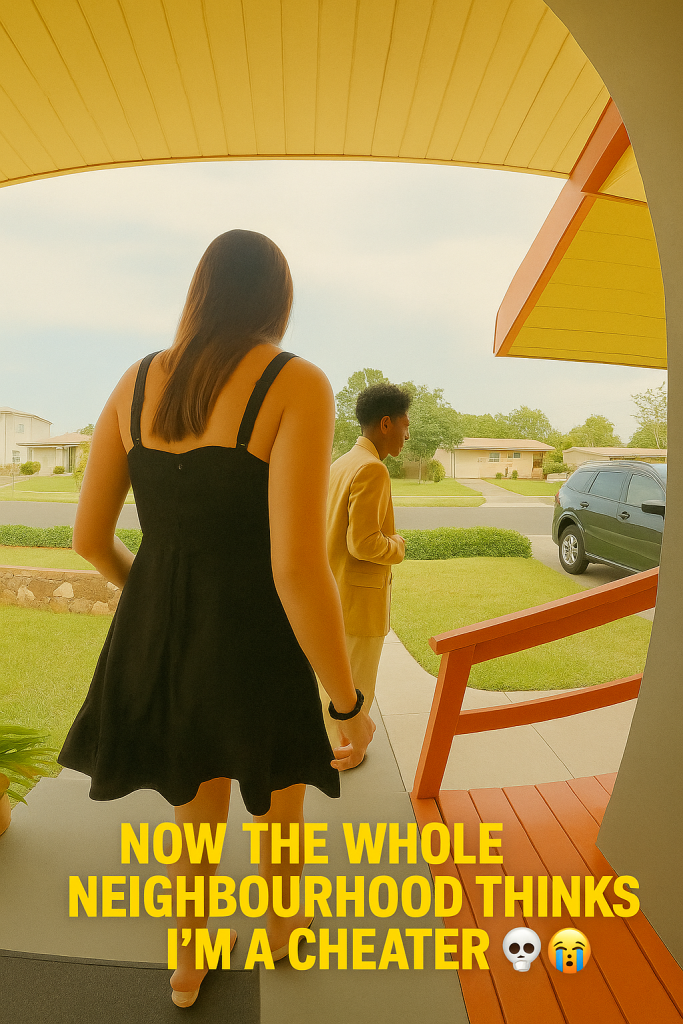In a striking example of how quickly social media can affect real-world reputations, a recent viral post has left one individual grappling with unexpected and widespread backlash from their entire neighborhood. The post, which surfaced in early 2024, captured the attention of thousands online and has now spilled over, with neighbors reportedly confronting and ostracizing the person accused of infidelity.
The individual, who has chosen to remain anonymous, shared the now-viral message: “Now the whole neighbourhood thinks I’m a cheater 💀😭.” This candid, raw confession accompanied a long thread detailing how a private dispute was unintentionally broadcast, leading to rumors spreading like wildfire throughout their community.
According to multiple similar accounts circulating this year, social media platforms have become a double-edged sword—offering the chance for personal stories to be heard but also exposing people to instant judgment and wide-scale gossip. In this case, what began as an ambiguous status update quickly turned into an accusation that dominated the neighborhood’s conversation.
Experts in digital communication and community dynamics highlight how such viral incidents fuel “digital mob mentality.” They explain that while social media can democratize storytelling, it can also precipitate swift public shaming before facts are fully verified. In neighborhoods, where social bonds are close-knit, this can escalate tensions and lead to social isolation for those caught in the crossfire.
The individual’s post reportedly came after an unrelated argument with a partner escalated and was partly overheard or misinterpreted by neighbors who shared it on social media. The ripple effect was immediate. Comments ranged from support to condemnation, but most neighbors reportedly treated the person differently offline—showing visible signs of distrust and suspicion.
Local residents interviewed anonymously expressed mixed feelings. One neighbor admitted, “It’s hard not to judge when so many people are talking about it, but we also don’t know the full story.” Another added, “It’s unfortunate because this is a real person getting hurt by rumors rather than facts.”
This situation puts a spotlight on the growing risks of social media’s impact on privacy and mental health. Psychologists warn that being publicly labeled in a negative way—especially without due process or clarification—can lead to anxiety, depression, and severe social consequences. They urge social media users to approach online accusations with caution and empathy.
The individual behind the viral post has since appealed for understanding through follow-up messages, acknowledging their mistakes but emphasizing the harm caused by the neighborhood’s judgment. Their plea underscores a fundamental question about our digital age: how to balance transparency with compassion and avoid “trial by social media.”
As this story continues to provoke discussion both online and within the community, it serves as a cautionary tale. It reminds us that behind viral headlines are real people with complex stories, deserving of fair treatment and a chance to clarify their narratives.
Ultimately, this viral episode reveals the power and peril of social media in shaping reputations—sometimes permanently altering how individuals are perceived in the very communities where they live.



